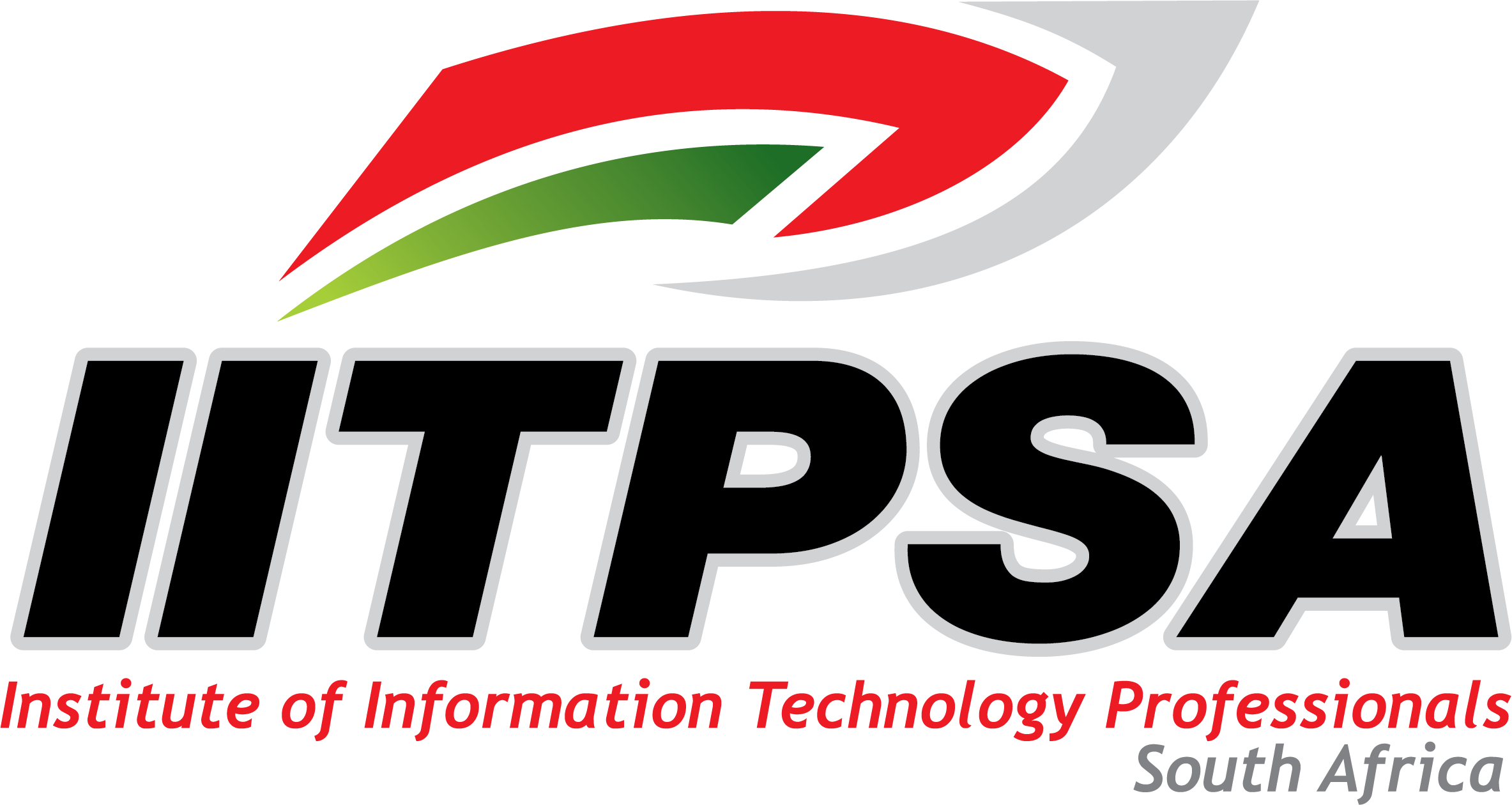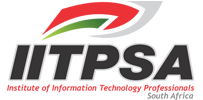
–
Josine Overdevest reports on last month’s webinar hosted by the IITPSA Social & Ethics Committee and Women in IT Chapter in which she interviewed mobile industry veteran Ineke Botter. They discussed the amazing story of the mobile revolution and highlighted Ineke’s ethical leadership lessons on fighting corruption and building a sustainable ICT skills base in a country.
Last month the IITPSA Social & Ethics Committee and the Women in IT Chapter hosted mobile industry veteran Ineke Botter in a webinar to discuss her memoire Your Phone, My Life in which she reflects on how the world built its mobile networks over the past 30 years.
I met Ineke when I worked my first job at KPN, one of the main telco’s in The Netherlands, in the early 90s and I greatly admired her as she hunted for mobile licences in Central and Eastern Europe. From our contact over the years, I knew she’d worked in many different countries but the full impact of her riveting career managing mobile network operations through periods of political unrest, war, bomb attacks and other serious obstacles worldwide only became clear after reading her book.
It tells the amazing story of the mobile revolution which went from 1 million analogue mobile handheld phones on the planet in 1991 to over 1,000 mobile networks serving over 5,2 billion subscribers and 10 billion connections and contributing almost 5% to global GDP, providing well over 30 million jobs and paying US$ 500 billion in taxes worldwide today. And it kicked off with a big leap: by the mid-90s most countries already had one or two mobile networks up and running. Who today can imagine a world without being connected always and everywhere?
I realised that with South Africa currently being in the fourth, or is it fifth, Industrial Revolution, there are many lessons to learn from Ineke’s impressive career as pioneering CEO in the mobile revolution. In the webinar we highlighted her ethical leadership lessons on fighting corruption and building a sustainable ICT skills base in a country.
When talking about ethical leadership Ineke stated first and foremost that as a leader you set the example: “when the boss sneezes, the company is sick”. “When the boss laughs, the company is happy”. This means that in addition to setting up and clearly communicating ethical policies or codes of conduct, you visibly act in accordance with those rules.
Fighting corruption
Setting up a mobile network operation involves huge investments and generates considerable revenue. This attracts people looking for a piece of the pie and corrupting the business. Ineke shared the example of her posting in Kosovo where she arrived to find many more people employed than the work warranted, some of them never even turned up to work. She decided to create clear job descriptions and give people proper employment contracts. Direct reporting lines between family members and friends and other forms of nepotism were prohibited. But, because this approach entailed that people were losing their jobs, it was equally important to look after them properly and offer redundancy packages and outsourcing support. All these measures mean that the word-of-mouth about your company will be that you treat staff well, this creates calm and loyalty.
Another important measure is to hire business process engineers to set up business processes; the more objective and measurable your business processes are the less room there is for shady business. And when you digitise your business processes you curtail opportunities for fraud even further.
Sometimes fighting the corrupt culture in an organisation or the pressure from outside corrupt forces might be too hard as Ineke encountered in Haiti. Her advice? Listen to your own internal compass and quit before it becomes dangerous for yourself.
Building local ICT skills
Building and maintaining a mobile network operation requires an enormous number of skilled professionals including radio engineers, network operations engineers, transmission engineers, business analysts, security specialists and many, many more. Not only are these skills scarce, but the mobile industry keeps developing at a faster pace than the education system can deliver the required ICT professionals.
So, what do you do when you are responsible for building a new network or doubling the size of the mobile operations in a very short time?

Ineke spoke about the worldwide base of highly specialised people for hire on a project basis. One of the key performance indicators that she includes in the contracts for these expats is the transfer of skills to young local engineers. Ineke always sets a relatively large part of the annual budget aside for training own staff, preferably in the company’s own training centre. She believes that a CEO should become personally involved in filling the ICT skills pipeline in a country; not only by building relationships with universities but also setting up projects to get teenagers excited about technical careers like she did with a job shadowing project in Lebanon that resulted in the mobile handbook for children.
From our conversation in the webinar it became very clear to me that ethical leadership, as captured in Chapter 3 of the IITPSA Code of Ethics, isn’t just the ‘right’ thing to do, it also makes great business sense!
Watch the webinar: https://www.youtube.com/watch?v=jYqcvMHm4cc
Read our Code of Ethics: https://www.iitpsa.org.za/wp-content/uploads/2022/08/IITPSA-Code-of-Ethics-July-2021-Final.pdf
Find Ineke’s book: https://www.amazon.com/Your-phone-life-that-land-ebook/dp/B0BTGH9L3N/ref=tmm_kin_swatch_0?_encoding=UTF8&qid=&sr=

